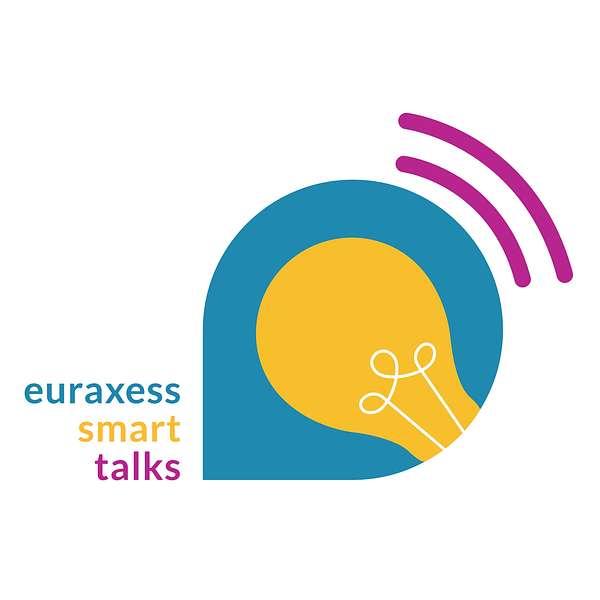
EURAXESS Smart Talks
The EURAXESS Smart Talks podcast for talents is your personal guide to Research Careers, Innovation, and Entrepreneurship
EURAXESS Smart Talks
Science Diplomacy in Action: A Conversation with Dr. Marco Borra
In this episode of EURAXESS Smart Talks, we dive into the fascinating world of scientific diplomacy with Dr. Marco Borra, an experienced scientist and diplomat. Dr. Borra shares his non-linear career journey, from his early days in marine biology and molecular research to his current role as Scientific Attaché at the Italian Embassy in Paris.
We explore the intersection of science and policy, discussing how scientific diplomacy can bridge borders, foster international cooperation, and address global challenges. Dr. Borra provides insights into the skills needed for scientists to transition into diplomatic roles, the impact of science diplomacy on major global issues, and the importance of maintaining flexibility and imagination in career development.
Join us as we uncover the real-world applications of science diplomacy, including its role in international research collaborations, policy-making, and global scientific initiatives. Whether you're a scientist considering a diplomatic career or simply curious about how science shapes global relations, this episode offers valuable perspectives and practical advice.
Key Topics Covered:
- Dr. Borra’s career path and transition from research to diplomacy
- The role of science diplomacy in international cooperation
- Essential skills and qualifications for scientists entering diplomacy
- Examples of successful science diplomacy initiatives
- The impact of science diplomacy on climate change, health, and technology
- Advice for early-career scientists looking to build diplomatic networks
Tune in to learn how science can drive change worldwide and how researchers can play a critical role in shaping global policies. This episode was developed in collaboration with Lucia Salto from the University of Turin.
Timestamps:
- 00:02:36 – Can you share with us how you developed your career?
- 00:08:14 – What inspired you to pursue a career at the intersection of science and diplomacy? Was it a particular event, mentor, or experience?
- 00:10:20 – How does the day-to-day work of a science diplomat differ from that of a traditional scientist? What skills are especially important in this field?
- 00:13:21 – What are some essential steps or qualifications for a scientist interested in entering diplomacy? Is a background in international relations necessary?
- 00:15:25 – Can you share examples of projects or initiatives where scientific diplomacy made a significant impact? How did scientists contribute uniquely to these outcomes?
- 00:18:42 – How does scientific diplomacy impact major global challenges such as climate change, health, and technological development? What role can scientists play in shaping these policies?
- 00:20:27 – What advice would you give to early career scientists seeking to build a network in diplomatic and international cooperation circles?
- 00:21:57 – Are there specific programs, fellowships, or organizations that are particularly supportive of scientists entering diplomatic careers?
- 00:24:14 – In your experience, what are some of the biggest challenges scientists face when transitioning into diplomatic roles, and how did you overcome these?
- 00:29:38 – How does scientific diplomacy differ from science communication? Are there overlapping skills that can help in both fields?